- Teacher: Petra Bago
- Teacher: Vojko Gorjanc
- Teacher: Špela Vintar
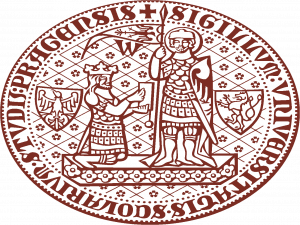
- Teacher: Anja Nedoluzhko
- Teacher: Magda Sevcikova
- Teacher: Špela Vintar
- Teacher: Zdenek Zabokrtsky
This course introduces basic methods for extraction of text contents from different file formats, discusses possibilities of their annotation on different linguistic levels and shows a basic analysis in various corpus search engines. The course also covers the basics of processing of spoken and parallel corpora.

- Teacher: Lucie Lukešová (Chlumská)
- Teacher: Pavel Vondřička
This course will give you an introduction to Post-Editing (the correction of raw machine translation by a human translator). It will cover both theoretical implications and practical exercises.
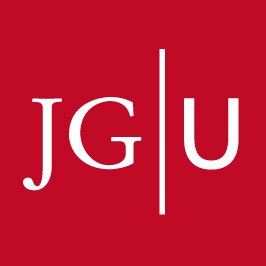
- Teacher: Anna Maringer
- Teacher: Jean Nitzke
- Teacher: Anke Tardel
The course gives an introduction to programming in Python, fundamental methods of automatic processing of text data, and foundations of statistical language processing. The course is aimed at linguists.
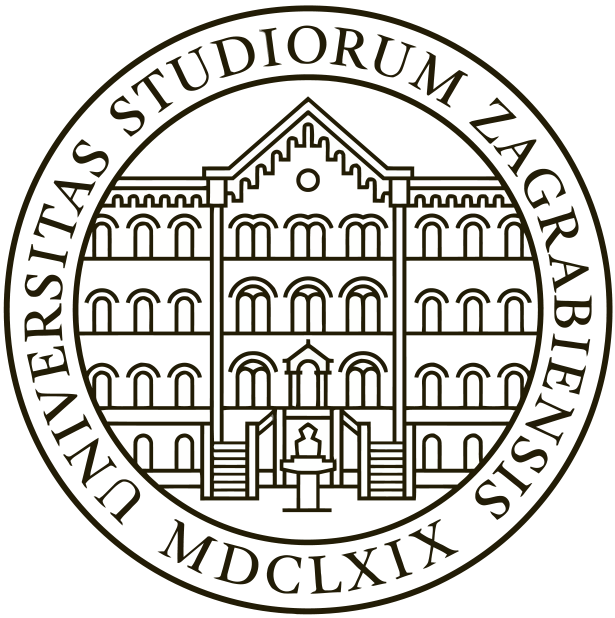
- Teacher: Petra Bago
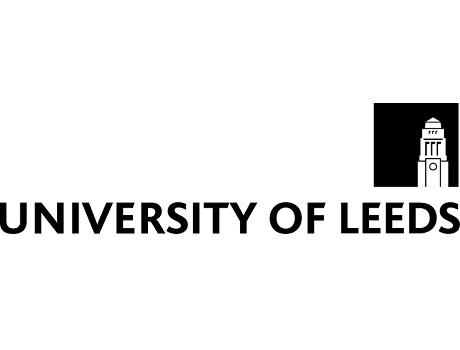
Today’s localization industry is faced with the task of translating a huge volume of texts to produce high-quality localized products in a short turnaround time, to satisfy the needs of global and local marketplaces. Such an undertaking would be inconceivable without the use of technology and, in recent decades, the development of localization tools has been instrumental and given rise to changes in collaborative workflows. This course aims to equip learners with a critical understanding towards the use of these tools, namely computer assisted translation (CAT) tools.

- Teacher: Dragos Ciobanu
- Teacher: Caroline Reiss
- Teacher: Alina Secara
The course gives a comprehensive introduction into terminology theory, practical terminology management and mining terminology from specialized texts.
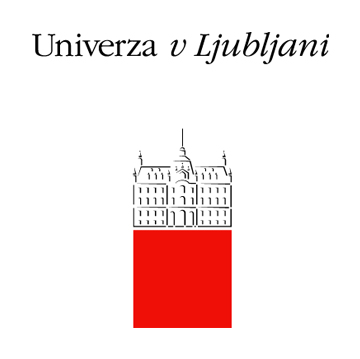
- Teacher: Sašo Skočir
- Teacher: Špela Vintar
